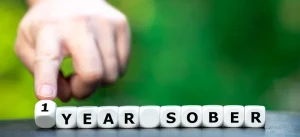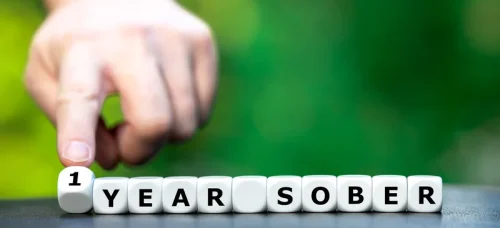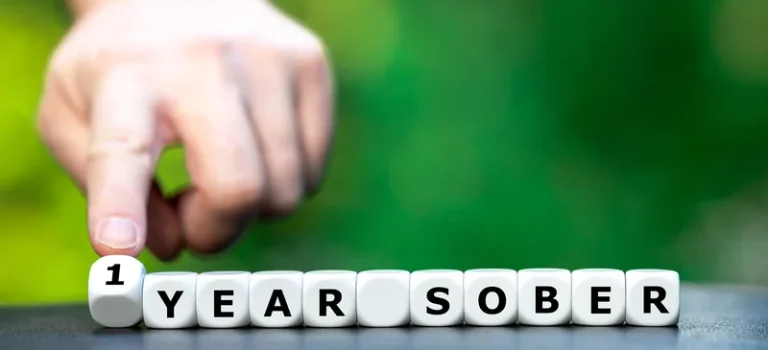
It’s when the body clears itself of drugs and deals with withdrawal symptoms. It’s often the first treatment step, paving the way for recovery efforts. They reveal our triggers and what we need to change in our care routines2122. Key aftercare aspects include therapy, support groups, and recovery monitoring. They provide a safety net and a place for shared experiences and peer insights. Aftercare also includes family therapy, which heals relationships and supports home environment recovery.
We Accept Most Insurance Providers

As abuse becomes more severe, individuals are likely to develop physical and mental dependence. This dependence signifies that the body or brain has adapted to the presence of the drug, requiring increasing amounts to achieve the same effects, a phenomenon known as tolerance. The Centers for Disease Control and Prevention (CDC) reported that there were over 70,000 drug https://ecosoberhouse.com/ overdose deaths in 2019, highlighting the severe consequences of escalating drug use (CDC, 2020).
- Each stage of addiction involves complex interactions between brain circuits and behaviors.
- Breaking the cycle of addiction may seem like an insurmountable challenge, but with the right help and support, it is possible to reclaim your life.
- They may feel that it helps them manage stress or anxiety, and it might even start to feel necessary to function.
- This might involve continuing to attend support group meetings, regular check-ins with a therapist, and constantly working on personal growth and self-improvement.
- A therapy group is where individuals struggling with addiction can learn communication skills and develop self-confidence.
The Three Stages of the Addiction Cycle: A Rollercoaster of Emotions and Behaviors
- Educate yourself about addiction, offer compassion without enabling, and encourage professional help when needed.
- As described above, with illicit drugs like heroin, misuse occurs the first time a person uses the drug.
- Its key characteristics can range from regular substance use to cravings and dependence, severe effects, loss of control, risky behavior, tolerance, social isolation, physical and mental health decline, etc.
- It implies that the person is actively consuming a substance (such as alcohol, opioids, cocaine, methamphetamine, etc.) in a way that harms their physical health, mental well-being, and overall quality of life.
- Conditions such as anxiety, depression, bipolar disorder, and post-traumatic stress disorder (PTSD) frequently coexist with substance misuse, creating a complex interplay that can challenge recovery efforts.
Don’t wait— reach out today to take the first step toward taking control of your life. Rather than seeing relapse as a failure, it can be viewed as part of the recovery journey. It provides an opportunity to identify triggers and build strategies for long-term recovery. In the event of a relapse, there are valuable lessons that can help strengthen a person’s motivation and future attempts at sobriety.

Signs of Tolerance and Dependence
Early intervention can prevent long-term damage, and Alcohol Use Disorder recovery is always possible, no matter how deep into the addiction cycle someone may be. Maintaining sobriety requires ongoing effort, vigilance, and self-reflection. This might involve continuing to attend support group meetings, regular check-ins with a therapist, and constantly working on personal growth and self-improvement.
Addiction’s manifestation is not uniform; it varies significantly among individuals. Furthermore, the method of substance use can greatly influence the development and intensity of addiction, necessitating personalized treatment approaches. Support networks are crucial, giving advice, empathy, and motivation during tough times. These communities are instrumental in maintaining a sober, healthy lifestyle. Practical steps include looking for help and researching how to get better, building a support network.
Blacking out can lead to dangerous situations and is a sign that drug use has escalated to a problematic level. In tackling addiction, doctors might use certain medicines to help with withdrawal. While no drugs are specifically approved for cocaine withdrawal, methods like Cognitive Behavioral Therapy (CBT) are crucial for recovery10. This trio addresses recovery stages, leading to a lasting change across the entire recovery spectrum. The journey starts with quiet reflection on how substance use affects you and your loved ones. After experimentation, if the person continues to use the substance or engage in the behavior regularly, they enter this stage.
How Is Recovery.com Different?
On the other hand, the addictive potential of some drugs may be so strong that what seems to be an immediate addiction may develop. However, for the vast majority of people struggling with addiction, there are stages of substance use or misuse that lead to the circumstances resulting in the person becoming addicted. As an example, for illicit substances used to feel a “high,” even one use is considered misuse. Some of these illicit substances can also result in tolerance within one or two uses. Nevertheless, in the majority of cases, all of these steps are part of the chronic cycle of addiction. At Recovery at the Crossroads, the best New Jersey addiction treatment center, individuals find a welcoming environment where they discover how good it feels to live substance-free.

Unfortunately, relapse can occur during the action or maintenance stage, which means the addict or alcoholic again enters the cycle of addiction. If you or a loved one struggle with addiction, American Addiction Centers (AAC) can help. AAC operates treatment centers throughout the country, offering the complete continuum of care and providing evidence-based therapies and individualized treatment plans. Reach out to connect with one of the knowledgeable and compassionate admissions navigators, who can answer your how to break the addiction cycle questions, explain your options, and help you begin a path to lasting recovery.







